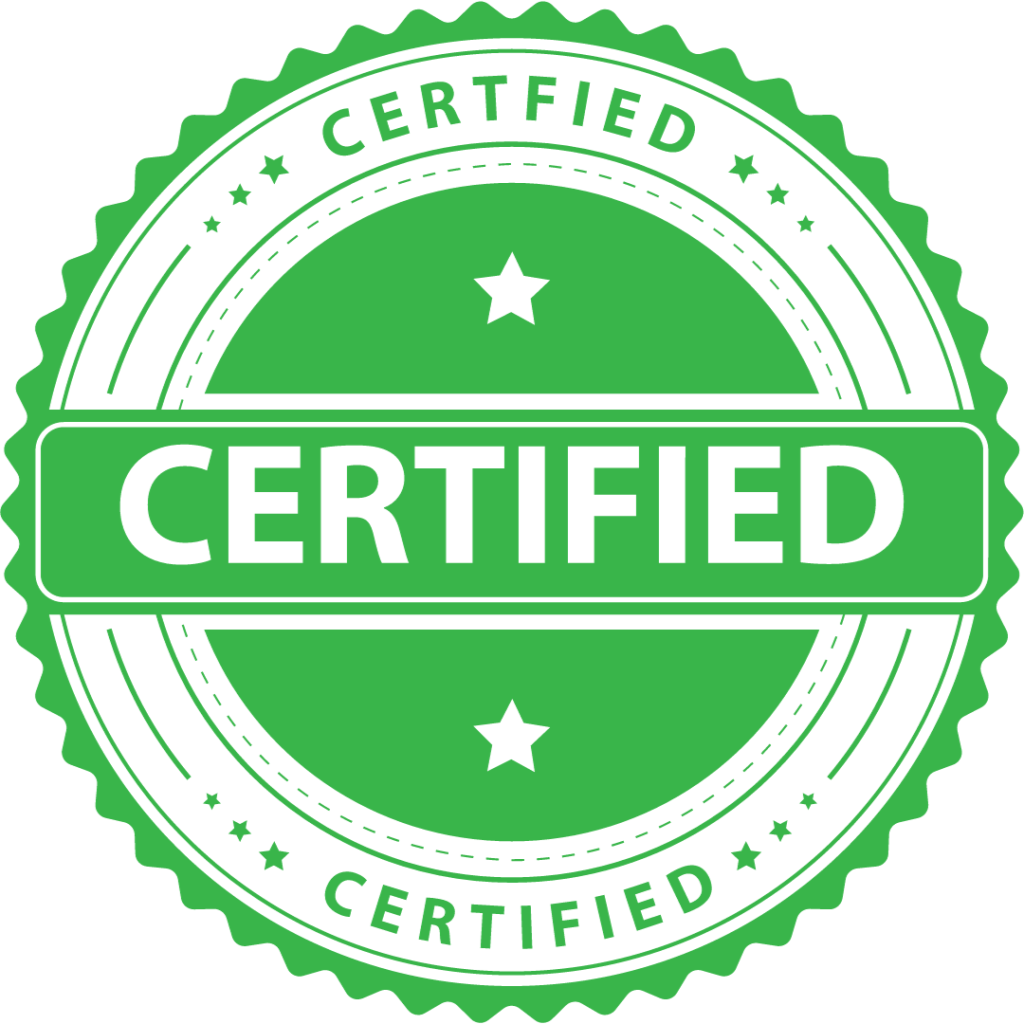Dietary Supplements | What’s to know
September 2023 | Wellness Connections
By Linda Wilcox
There are all kinds of dietary supplements on the market today for just about anything. Not all supplements are created equal, and there is little quality standardization of these products. Unlike prescription and over-the- counter medication, the Food and Drug Administration does not establish standards for the contents of dietary supplements. With so many products on the market to choose from, an independent third-party certification program can help guide you in deciding what supplements to choose.

Third-party Certifications
Third-party certification means that an independent organization has reviewed the manufacturing process of a product and has independently determined that the final product such as food, beverages, or dietary supplements comply with specific standards for safety, quality, or performance. A manufacturer may choose to use a third party certifier’s services to provide unbiased verification of their product’s quality. Third-party certified products typically display the acquired certification on the product’s label to help consumers make an informed choice. This information may also be found on the manufacturer’s website. It is important to note that a third-party certification can increase consumer confidence but does not necessarily confirm a supplement’s efficacy.

Many third-party certifiers evaluate supplement quality based on several factors including identity, strength, and purity.
1. Identity –Third-party certifiers are responsible for confirming the accuracy of a product’s label, making sure what is listed on the label is actually in the product.
2. Strength – Manufacturers are required to include information on the supplement facts label that indicate the amount per serving of active ingredients. Third-party certifiers test the finished product to ensure the strength, concentration, weight, or measure is accurately listed on the label. Precise information is important as it influences serving sizes, dosages, and inaccurate labeling may affect the efficacy of the product.
3. Purity – Third-party testing can determine whether a supplement is free of contamination and that the manufacturer is maintaining safe and sanitary operations. The FDA regulates dietary supplements and their labels under the Dietary Supplement Health and Education Act of 1994. However, dietary supplements are held to much less rigorous standards than pharmaceutical drugs. The FDA does not review dietary supplements for safety or effectiveness before they are available to be purchased. Manufacturers are responsible for ensuring their products are safe to use before they are available to consumers. Manufactures are also required to produce supplements in accordance with current Good Manufacturing Practices (cGMP).
Three of the most common third-party certification programs for dietary supplements in North America include:
1. Certified Gluten – Free
2. NSF – National Sanitation Foundation – grants its seal of approval to products meeting purity standards.
3. USP – U.S. Pharmacopeia – products with this seal must conform to all USP standards, including identity, potency, purity, and performance.
When choosing dietary supplements consider high-quality (not necessarily price) supplements from reputable sources with a third-party certification. Your healthcare provider and dietitian can help you determine which dietary supplements are right for you.


Linda is our Registered Dietitian Nutritionist that uses a balanced approach to health and wellness, focusing on nutrition, movement, sleep, and connecting you with other appropriate health resources.
Linda understands and recognizes the courage needed to take the first step in caring for yourself and starting your own health and wellness journey. Learn more about Linda’s services like individual wellness and nutrition consultations, ministry and church wellness consultations, and group presentations here!

